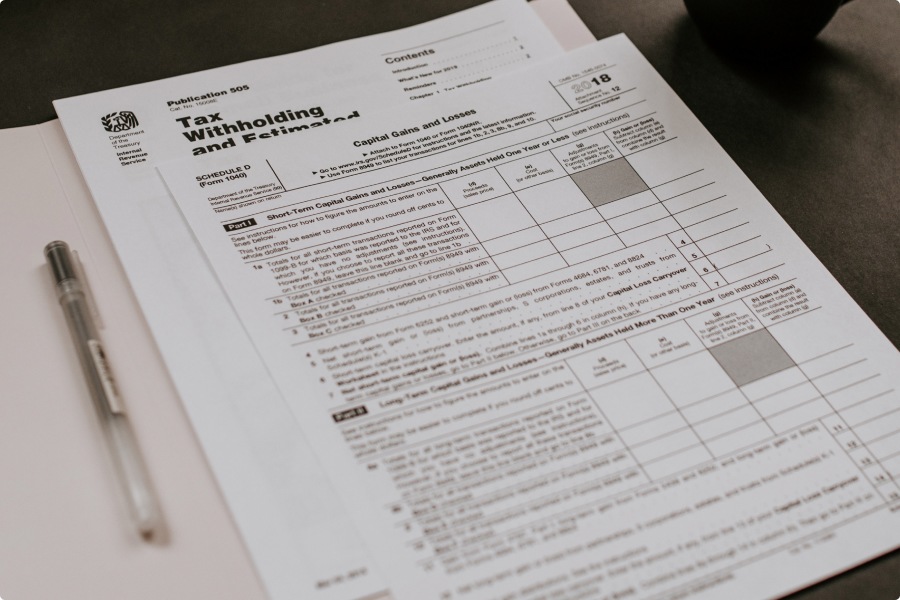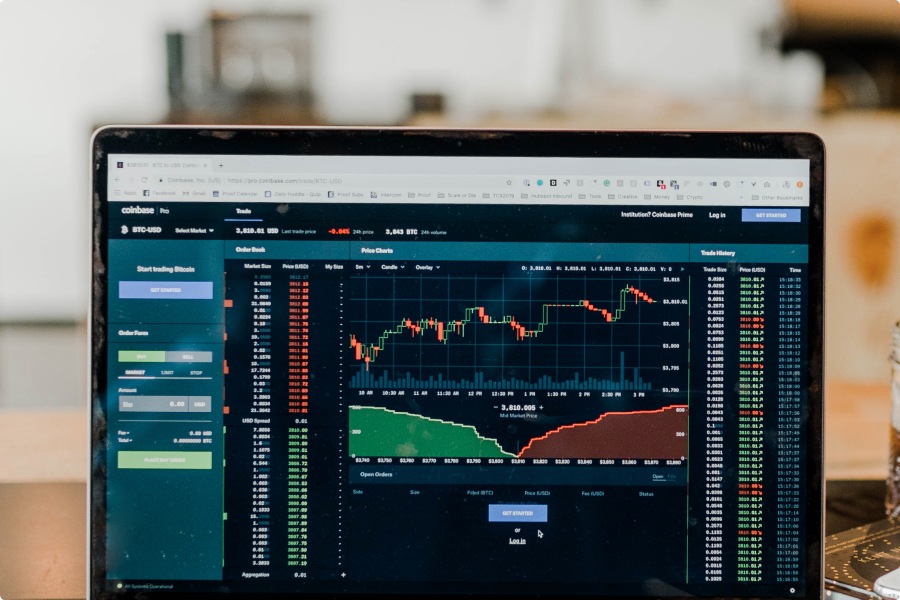Introduction
The economy plays a pivotal role in shaping the business landscape, as it has a significant impact on various aspects of businesses. From small enterprises to multinational corporations, understanding how the economy influences business operations is crucial for making informed decisions and adapting to changing market conditions. In this article, we explore the relationship between the economy and business, delving into its effects on different sectors and offering insights into strategies for navigating economic fluctuations.
Story
The state of the economy, including factors such as GDP growth, inflation rates, interest rates, and consumer confidence, can have far-reaching consequences for businesses. During periods of economic expansion and prosperity, businesses often experience increased consumer spending, rising demand, and favorable market conditions. This can lead to higher sales, expansion opportunities, and increased profitability.
Conversely, during economic downturns or recessions, businesses face numerous challenges. Decreased consumer purchasing power, reduced demand for goods and services, and tightening credit conditions can adversely impact businesses across various industries. During such times, companies may need to implement cost-cutting measures, adjust their strategies, or explore new markets to stay afloat.
Different sectors of the economy are affected differently by economic fluctuations. For example, industries such as luxury goods or travel and tourism may be more sensitive to changes in consumer spending patterns, while essential goods and services tend to be more resilient. Additionally, businesses that rely heavily on borrowing or have exposure to international markets may face unique challenges in the face of economic volatility.
However, it’s important to note that not all businesses are negatively affected by economic downturns. Some sectors, such as healthcare, education, or certain technology-driven industries, may even experience sustained growth during challenging economic times.
Conclusion
The economy and business are intricately intertwined, with economic conditions exerting a profound influence on the success and viability of businesses. Understanding the dynamics of the economy and its impact on different sectors is crucial for businesses to adapt, strategize, and thrive in a constantly evolving market. By staying informed about economic indicators, consumer trends, and market forecasts, businesses can make proactive decisions, seize opportunities, and weather economic storms. Adapting to changing economic conditions, diversifying revenue streams, and maintaining a customer-centric approach can help businesses not only survive but also thrive in a dynamic economic landscape.




